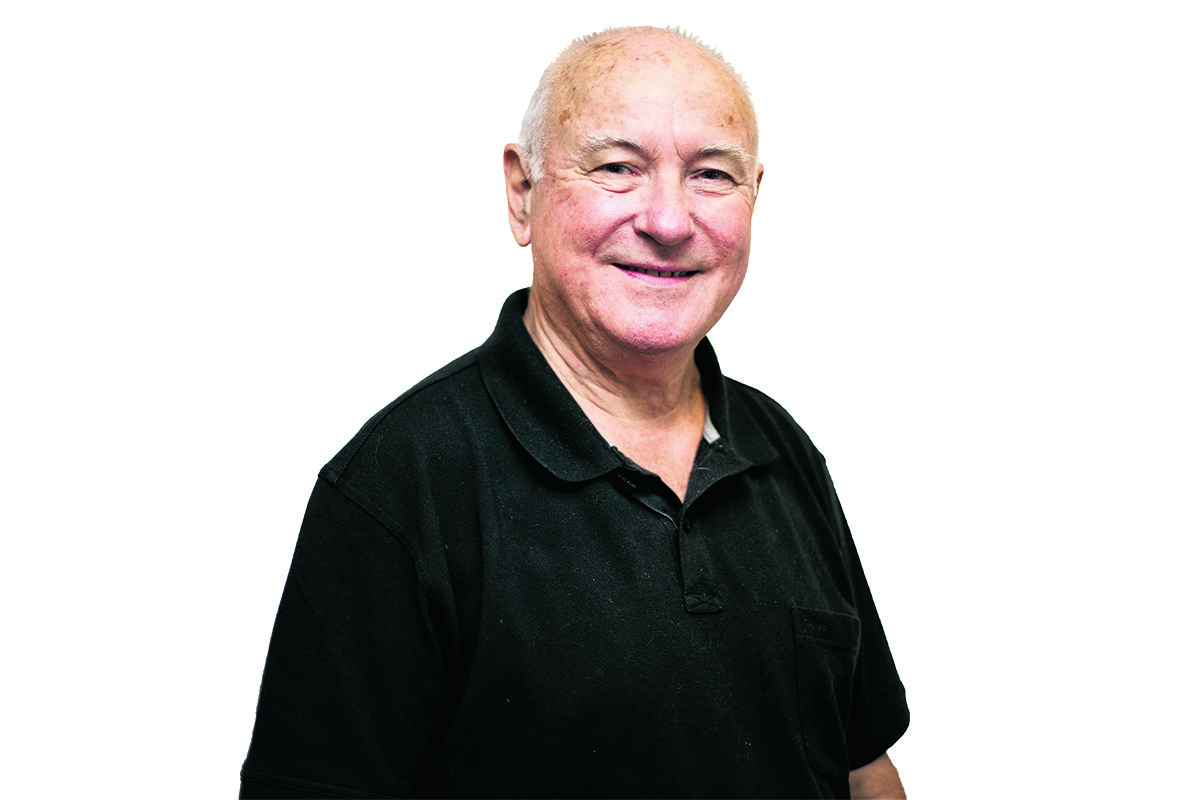Greetings from sunny Paleochora, ‘the bride of the Libyan Sea’ according to the official local website. The site is impressively informative and well put together, though the odd typo did make me initially think that they meant ‘the pride of the Libyan Sea’. Not so: the explanation is that the sun god Apollo, according to ancient mythology, was the loyal suitor of his beautiful ‘bride’ on the south coast of Crete and never left her side, even in the depths of winter. Ulla and I came to Paleochora for the first time last year on the recommendation of some friends and immediately booked a return trip this year. A three-hour flight from Kastrup to Chania and one and a half hours by bus or car and you’re there – a whole different world. I know that’s a well-worn cliché, but in this case it’s entirely appropriate.
It’s a small town surrounded by daunting mountains and basking by the side of a crystal-clear sea. It has a long sandy beach on one side of the peninsula, and a little harbour on the other from which the ferry sails once a day, providing a vital link to otherwise isolated communities further along the coast. Small fishing boats set out in the evening to lay their nets and by early morning have been out to retrieve the night’s catch of fresh fish for the local restaurants. No high-life here, unless you count walking to the top of a local peak and back. No late-night clubbing with the resultant rowdy behaviour. No unwanted noise at all in fact. Here you are immersed in the local community and you live by its conditions. There are plenty of pavement cafés, bars and restaurants at which to while away the evening in good company or to sit in the shade with a cold beer in the heat of the day. And lots of possibilities for walking in the countryside with just the occasional meeting with like-minded souls and a brief ‘hello’.
But why am I telling you this? The key to the answer lies in that clichéd phrase I mentioned above. This is not just a different world because it’s a couple of thousand kilometres south of Denmark and a lot sunnier. The mentality is also a world away. Just take the attitude to work. While Danes are currently squealing with indignation at the thought of giving up one of their myriads of public holidays, the people here are at work literally from dawn to dusk and beyond, seven days a week – at least during the long tourist season. As in most southern European countries, especially outside the major metropolises, work is not seen as the antithesis of leisure. There is no rush to get home at three o’clock in the afternoon in order to have ‘quality time’ with the family and hygge sig. Note that I say they are ‘at work’, not necessarily ‘working’, since being at work is just a normal part of everyday life and includes family affairs and socialising as well as the work itself.
Of course, this contrast in attitudes to work can generally be seen between the north and west of Europe on the one hand and the south and east on the other, though it is most noticeable in regard to the countries most influenced by the protestant work ethic. This of course includes the Calvinist countries of Scandinavia, whose peoples also claim to be among the happiest in the world.
So how do we measure happiness? I would contend that we can’t. What is measured and compared is not happiness but contentment with one’s lot. And then it’s quite clear that those who are materially better off are more content with their lot than those who aren’t. But then we come to the question of how we equate contentment with ‘happiness’. In order to make that shift we have to accept certain conditions; in other words, we have to sell our souls, if not to the Devil then certainly to Mammon. Which is precisely what the materialistic Western world has done, assiduously protecting its way of life from anything and anyone that might threaten it, building up a fear of anything ‘foreign’. Gated communities à la USA are appearing in Denmark, demonstrating the ghetto mentality so derided when practised by immigrants. All in the name of ‘freedom’, ‘democracy’ and, I suppose, ‘happiness’.














